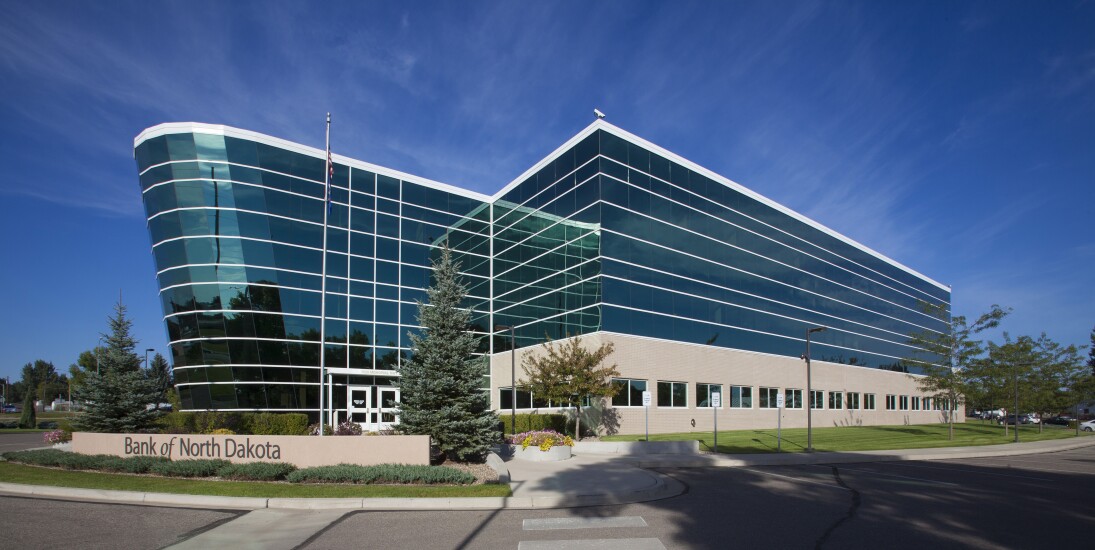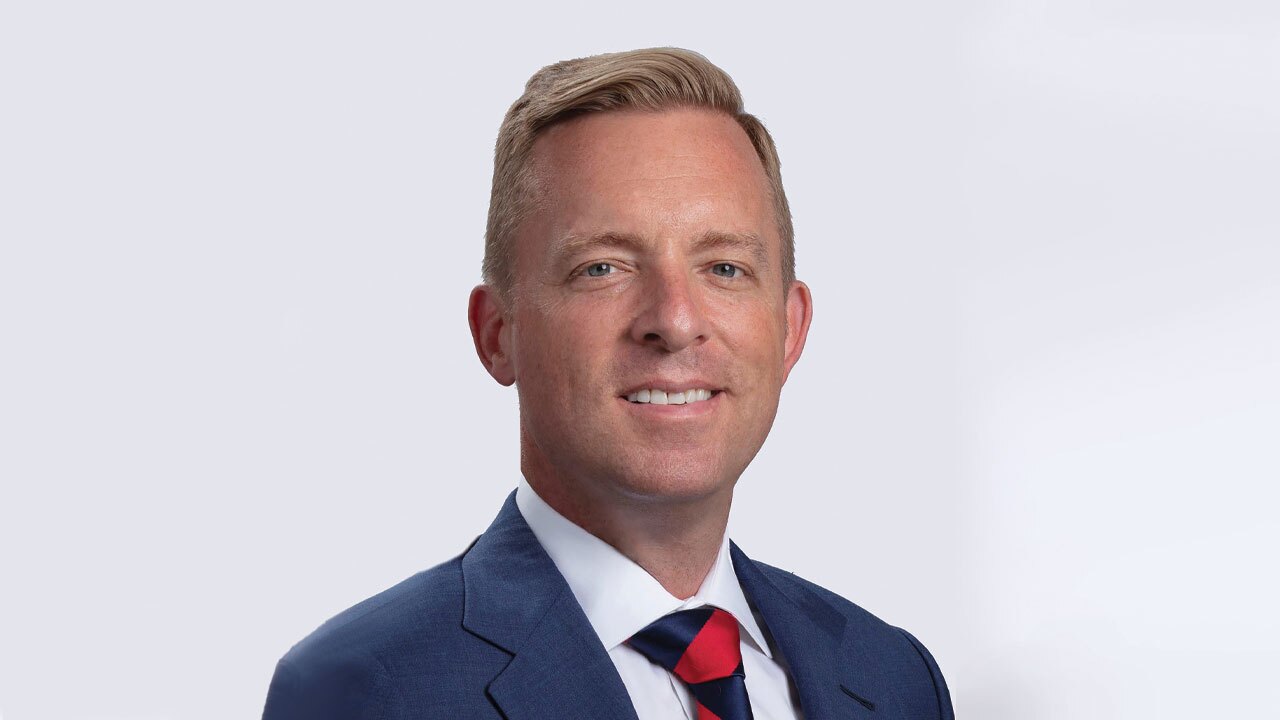
What's driving the push for more public banks
Whenever they are frustrated with the services provided by traditional banks — or lack thereof — public officials will float the idea of creating a government-owned bank that, similar to Bank of North Dakota, would accept deposits from local governments and school districts and then lend the money back into the communities it serves.
So far, the efforts have yielded little more than feasibility studies; the 99-year-old Bank of North Dakota, which makes student, small-business, agriculture and economic development loans in its home state, is the only public bank operating in the United States.
Yet the public bank concept does seem to be gathering some momentum. New Jersey’s new governor, Phil Murphy, a Democrat, campaigned last year on the promise of creating a public bank while officials in California and Massachusetts have floated the idea of creating public bank as a means to serve cash-reliant legal pot industries in their states.
Bankers counter that private-sector banks are more than capable of handling public deposits, particularly in states like New Jersey that already have scores of banks and credit unions. In other cases — where legal marijuana is concerned, for example — bankers contend that public banks would run into many of the same issues that prevent the private sector from serving that industry.
These are legitimate counterarguments, but public-banking proponents remain undeterred. Here’s a look at some of the reasons supporters are pushing public banks — and where those arguments are catching on.

Keep state money in state
While on the campaign trail, Murphy, a former Goldman Sachs banker,
After taking office in January, Murphy nominated Bergen County Assemblywoman Marlene Caride for state banking commissioner, and she quickly
More recently, two Democratic state senators from Essex County
The city of San Francisco

Pot businesses need banking services, too
In 30 states and Washington, D.C., pot is legal for medicinal or recreational use, but at the federal level, marijuana remains classified a Schedule 1 drug, alongside heroin. As a result, banks have been reluctant to do business with marijuana firms, leaving many growers and dispensaries with little choice but to deal exclusively in cash.
In two states where pot is or about to become legal for recreational use,
“It is unfair and a public safety risk to require a legal industry to haul duffel bags of cash to pay taxes, employees and utility bills,” California State Treasurer John Chiang said in November. “The reliance on cash paints a target on the back of cannabis operators and makes them and the general public vulnerable to violence and organized crime.”
Steve Hoffman, the chairman of Massachusetts’ Cannabis Control Commission, voiced similar concerns in an interview with the Boston Globe last month.
Still, because pot remains illegal at the federal level, some private-sector bankers have wondered whether a public bank set up to serve that industry could still gain access to the federal payments system.

Wells Fargo made us do it
The city of Seattle recently issued a request for proposals asking for a feasibility study of a city-owned bank. In February of last year, the city council announced it would not renew its banking contract with the $2 trillion-asset Wells Fargo. The city’s objection stemmed from the San Francisco bank’s involvement in the Dakota Pipeline project, as well as its “predatory lending practices over the last decade,” the city
The city of Philadelphia also slammed Wells recently,

Higher returns on public deposits?
It was for that reason that, in Vermont, Rep. Brian Cina of Burlington last year introduced a bill to study the feasibility of a public bank, though that proposal has languished in committee since then.
The nonprofit Vermonters for a New Economy
The state of Vermont deposits its public funds at People’s United Bank. At $44 billion of assets, People’s, based in Bridgeport, Conn., is hardly a Wall Street bank, but as far as the nonprofit is concerned, the state isn’t getting a good deal for its money.
The nonprofit said that the state earns 0.75% in interest on its accounts at People’s while the bank charges the state around $800,000 a year in fees. It argues that the state could get a better return on its money at a public bank and could save money in fees by tapping the expertise of the state’s existing money managers.
“In essence, Vermont already has a working state bank,” said Gwendolyn Hallsmith, of Vermonters for a New Economy. “Five agencies, including Vermont Economic Development Agency, Vermont Student Assistance Corporation, Vermont Housing Finance Agency, the Municipal Bond Bank and the state treasurer all provide financing and manage funding within the state government now.”

In America Samoa, a lack of options
Bank of Hawaii left American Samoa in 2016, leaving the Australian bank ANZ as the only bank serving the territory. After trying, and failing, to lure another bank, island officials
Lawmakers there passed a piece of legislation that funded the bank via bond issue, and the bank opened its doors to customers in October of 2016.
Today, the Territorial Bank of American Samoa offers limited banking services, mainly consumer and business deposit accounts. The bank also
“This little bank is the impetus for us to be noticed by the rest of the world so other banks can come in,” said Robert Ho Chee, a banking veteran who is now American Samoa's banking regulator.





